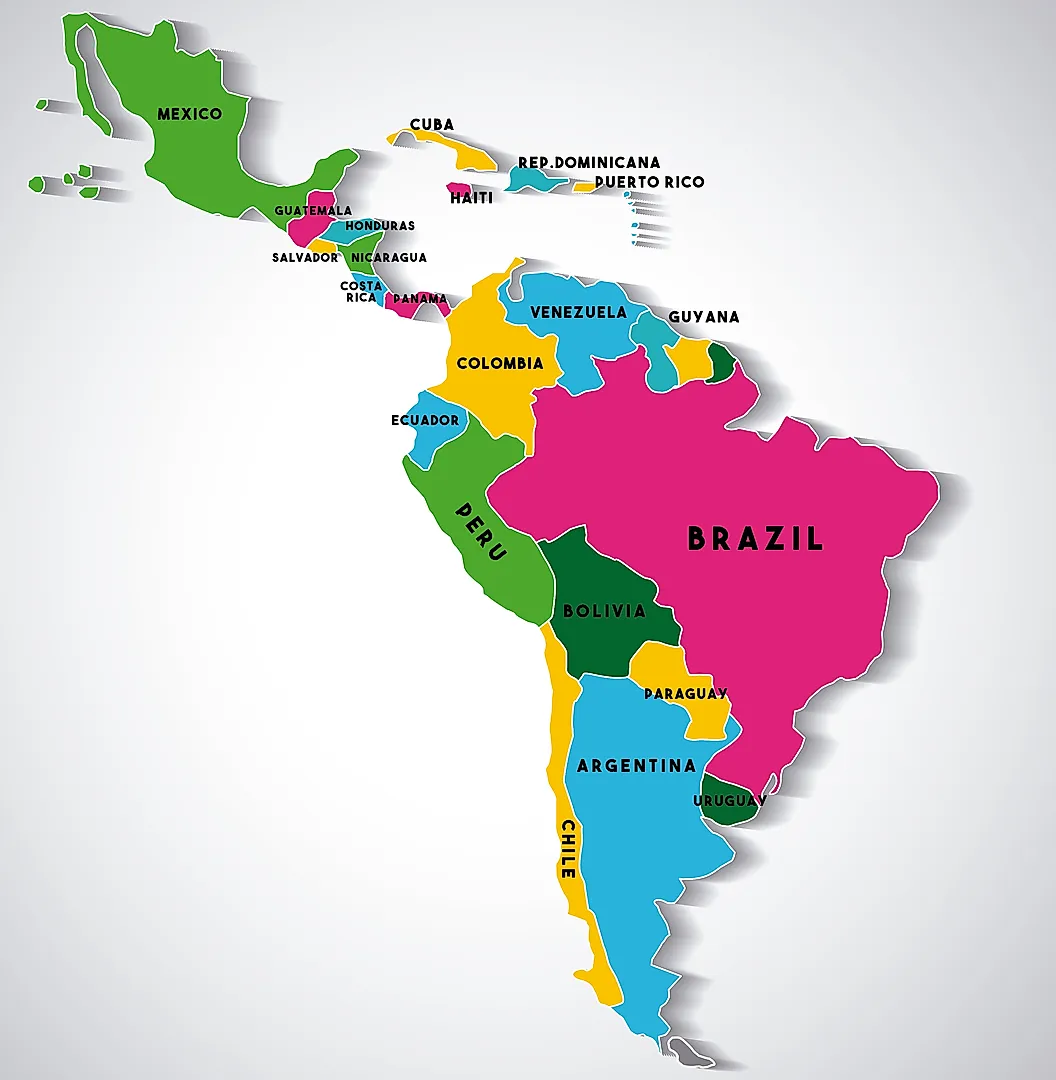When President Javier Milei first met Donald Trump, he was starstruck.
“President!” he cried, grabbing both the Republican magnate’s arms and staring straight into his eyes, grinning broadly. “Thank you for your work for me,” Milei said. “I’m very happy.” In the background, the Village People anthem, YMCA, was pumping.
As soon as Milei finished speaking, Trump quickly scanned the room for a camera, looked into one, and said: “MAGA — Make Argentina Great Again.” Only then did Milei let him go.
It was February 2024 in Maryland, US. Both leaders were attending the Conservative Political Action Conference (CPAC), an annual right-wing gathering first held in 1974. Trump had not yet been elected for a second term.
Trump and Milei have met several times since, and the Argentine was the first world leader to meet with Trump after his electoral victory last November. But of all their encounters, none was as crucial for the relationship as a lunch at the Oval Office of the White House, where they discussed details of a U.S. lifeline to Argentina that could total over US$40 billion.
During the one-hour televised meeting, Milei spoke for just three minutes. “I feel very honored, especially at this moment in which, under your great leadership, President Trump, you have accomplished peace in the Middle East,” the Argentine president said in Spanish, his back to the camera. Only after he had finished speaking did Trump ask if an interpreter was present to explain Milei’s “important, profound statement” to the room — but none was forthcoming, and he moved on. None of the questions from the crowd of journalists present were directed at the Argentine leader.
The optics of that lunch and previous public appearances suggest that, while both men are world leaders, Trump does not see this as a relationship between equals.
An ideological alliance “It is a relationship that surpasses any other instance or experience of alignment or acquiescence that Argentina has had throughout its history in its bilateral relationship with the United States,” Anabella Busso, director of the School of International Relations at the University of Rosario and a specialist in Argentina-U.S. relations, told the Herald.
Busso said that the alliance between the two far-right leaders is “ideological”. Both leaders have accused the international community and world leaders of adopting so-called “Marxist” attitudes towards the “environment, gender, multilateralism, and social policies,” Busso added.
Earlier this year, for instance, Milei followed Trump’s example and announced that Argentina would also leave the World Health Organization (although this has not happened at the time of writing). He also mimicked some of the Republican’s stunts (Milei’s catchphrase “We don’t hate journalists enough” is derived from Trump’s “You don’t hate the media enough”). The Trump administration has also copied some of Milei’s wildest ideas — for example, his “chainsaw” campaign was embraced by Elon Musk during his brief stint at the U.S. government’s Department of Government Efficiency.
Both Trump and Milei are part of a far-right movement that frequents places like the CPAC.
This is no small matter — channels associated with CPAC were crucial in striking the deal with the U.S.’s financial support package for Argentina. U.S. consultant Barry Bennett, a former Trump advisor, was hired by the Argentine government to create a “backchannel” between Washington and Buenos Aires. Negotiations were held through both official channels — through Economy Minister Luis Caputo — and so-called “parallel diplomacy” led by Tactic Global, a consulting firm where Bennett works. Soledad Cedro, the CEO of CPAC Argentina, is one of its partners.
Bennett has also met with members of Argentina’s so-called moderate opposition (opposition parties who at least partially support Milei) to tell them the U.S. government’s views on Argentina, according to two people present in those meetings. They spoke on condition of anonymity to discuss the sensitive negotiations. The magazine Noticias went so far as to call him “Viceroy Bennett,” implying that he was acting as a representative of the U.S. government in Argentina within a colonial relationship.
Congressman Cristian Ritondo of the right-wing party PRO, an ally of Milei, met with Bennett and dismissed criticism of U.S. involvement in Argentina as “populist.”
“Some prefer a Chinese swap, and some prefer an American swap,” he told the Herald, in reference to a US$18 billion currency swap between Argentina and China.
“We prefer to follow the democracy of the world, the most capitalist country. Populism will never like the most capitalist country in the world,” he added. Ritondo claimed that the bailout came with no strings attached. However, many analysts have said it could enable the U.S. to toughen its negotiating strategy over key Argentine raw materials — for instance, by asking that they be put up as collateral.
A test case for the dispute between China and the US While negotiating the deal, US Treasury Secretary Scott Bessent said Milei was “committed to getting China out of Argentina.” The Asian country is Argentina’s second-largest trading partner, and his comments prompted a riposte from the Chinese Embassy in Argentina, accusing U.S. government officials of having a “Cold War mindset.”
A source familiar with the backchannel negotiations between Washington and Buenos Aires said the U.S. is eyeing Argentina’s lithium and uranium reserves and wants the government to phase out Chinese technology, even urging ministries to stop using products from the telecoms giant Huawei, an old obsession of Trump (citing cybersecurity reasons, he imposed fines on US companies using products from that Chinese company).
According to Busso, Argentina is “becoming a test case for the dispute between China and the United States, with the United States demanding that we consolidate its power on the continent, which is its major geopolitical objective.”
The proposal of a free trade deal with the U.S., which competes with Argentina as a supplier of key products including soybeans, as well as an executive order allowing 30 US naval officers to come to the country for joint exercises, have also been criticized.
“Milei has demonstrated, especially in the last month, that he has not even the slightest trace of the Argentine Republic’s history of autonomy — his vocation is clearly a neocolonial one, not to call it colonial outright,” Busso added.
Despite Milei’s apparently unconditional support for Trump, the U.S. leader’s support is not unconditional. During the pair’s meeting in the White House, he told onlookers that the U.S. “would not be generous with Argentina” unless Milei performed well during the elections.
Geopolitics aside, perhaps the person who best explains Trump’s total endorsement of Milei is the U.S. president himself. Last year, during a campaign speech in Richmond, Virginia, he said that Argentina “went MAGA.”
“He’s a big Trump guy. He loves Trump, I love him, because he loves Trump,” he said.
Not once in the speech did he refer to Milei by name.




